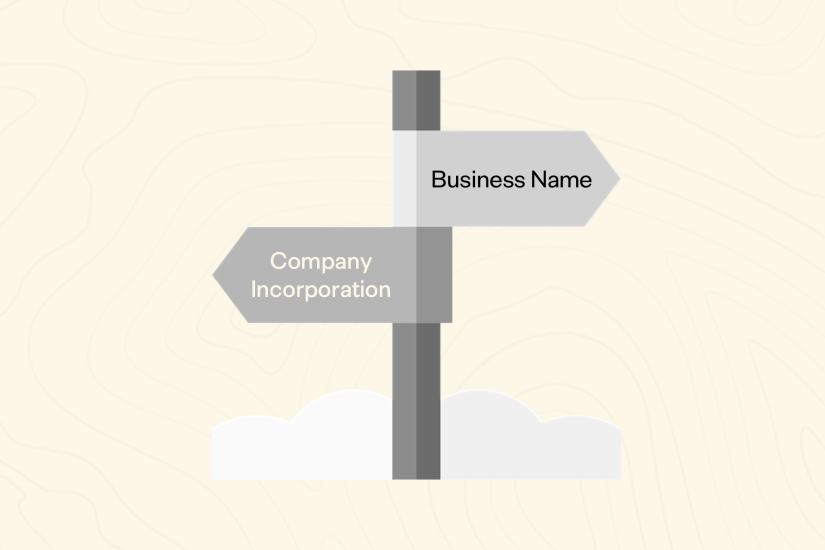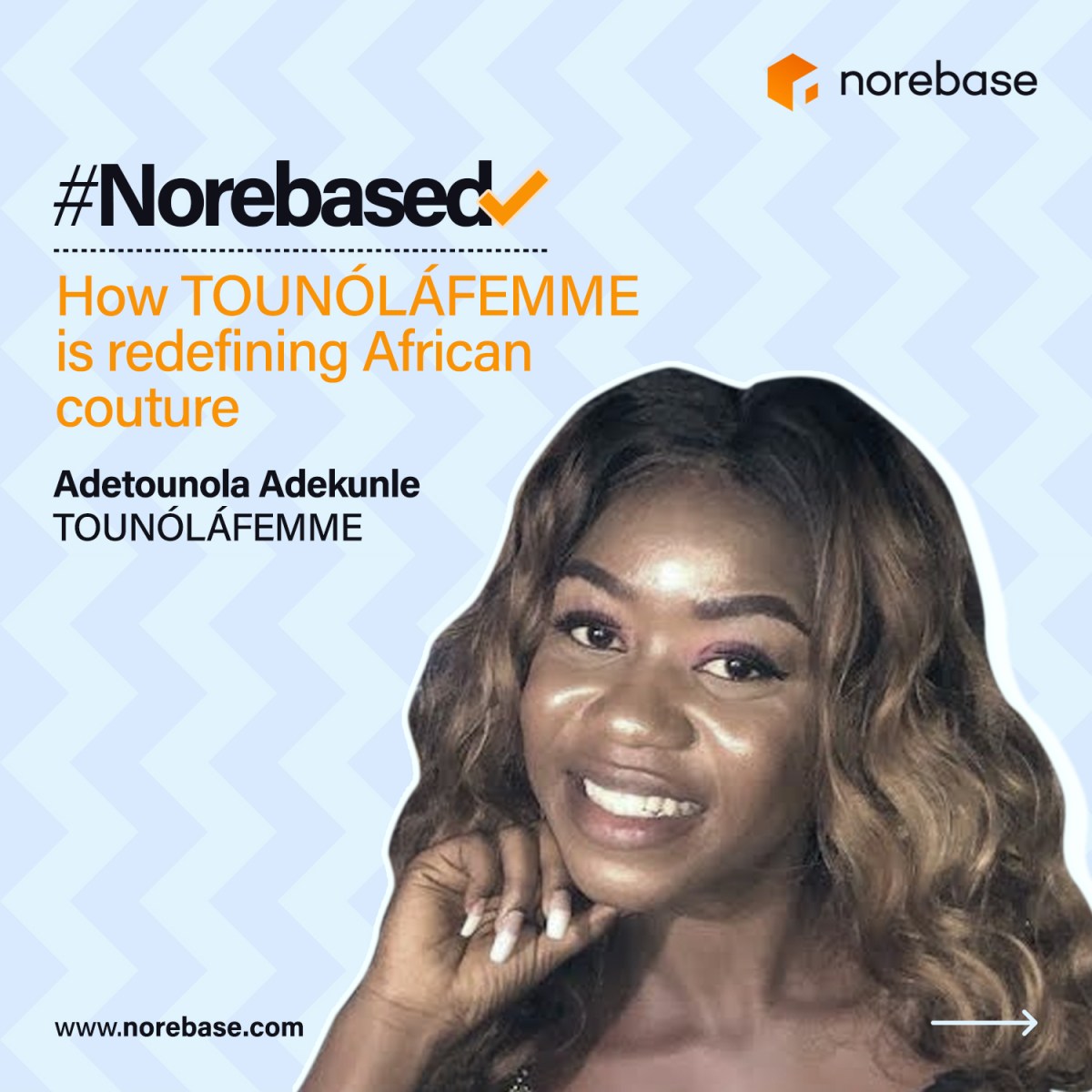When an individual sets out to carry on business, the law provides several ‘vehicles’ for such a person to effectively do business. This could take the form of a sole proprietorship (without a business name), a business name, a company or a partnership. In this article, we examine two of these vehicles, business name and limited company, in a bid to establish the difference between a business name and a limited company.
What is Business name registration?
A business name is a name, other than one’s natural name, under which a person carries on business.
The Companies and Allied Matters Act (CAMA) 2020 defines a business name as “the name or style under which any business is carried on, whether in partnership or otherwise.”
A businessperson who operates a sole proprietorship or a partnership can take advantage of a business name. These business names are required to be registered with the Corporate Affairs Commission (CAC)’s business names registry.
Some conditions to take note of before you register a business include:
1. For an Individual running a business (e.g. sole proprietor), the business name must be registered if it consists of more than:
- The surname of the individual;
- The surname and first name of the individual;
- The surname and initials of the first name of the individual.
For instance, If Tamunobelema Ofoegbu carries on business as “Tammy’s Delights” that name is regarded under the law as a business name and must be registered.
But if she carried on business imply as T. Ofoegbu, she would not need to register it as a business name.
2. For a partnership, the business name must be registered if the name consists of more than:
- The surnames of the partners;
- The surnames and first names of the partners;
- The surnames and initials of the first names of the partners.
For instance, If Ade Adio, Mohammed Sani, and Obi Okafor carry on business as “Adio, Sani, and Okafor” OR “Ade Adio, Mohammed Sani, and Obi Okafor” OR “A. Adio, M. Sani, and O. Okafor” then there would be no need to register a business name.
However, if Ade, Mohammed, and Obi carry on a business in partnership under the name “Wazobia Enterprises” then this business name must be registered.
What is a Limited Liability Company?
A company is a business organisation that offers a business vehicle that is viewed by law as a different entity from its owners/members. This forms one key difference between a business name and a limited company. Hence, it is seen as a corporate person that carries out business in its own name. A limited liability company is a type of company that limits the amount of liability that can be borne personally by the owners when the company is indebted.
The liability of the owners of a limited liability company can be limited either by shares or by guarantee.
Where “limited by shares”, the owners have shareholding in the company that represents how much of the company they own.
When liability is “limited by guarantee”, the liability of the members is limited to the amount the members have agreed to contribute to the assets of the company in case the company winds up.
Thus, in any instance, the liability of an individual for the debts incurred by the company is limited only to the full extent of the capital contributed by the shareholder or the guarantee offered.
What is the difference between a Business name and a Limited Company?
There are a number of differences between a business name and a limited company. Some of these include:
| Business name | Limited Liability Company |
| A business name is not treated in the eyes of the law as being a separate entity from the sole proprietor or the partners | A limited liability company is a separate/distinct entity from its owners as it has a corporate personality. |
| A business name needs to be registered. | A limited liability company has to be incorporated in line with the appropriate procedure before it can commence business. |
| The death of an owner in a sole proprietorship or general partnership may lead to the end of a business. | A limited company enjoys perpetual succession such that the death of one of the owners will not lead to the end of the business. |
| The owner of the business bears full liability for the debt incurred by the business (unlimited liability). | Individual shareholders are not liable for the full debt of the company but only bear liability to the extent of the shares they own or the guarantee they have provided. |
| The tax liability falls on the owners, who are liable to pay personal income tax. | A company is a taxable person and is liable to pay company income taxes. |
Your decision to operate a business name or to incorporate a company is often informed by the type of business you want to run. However, whether you go with a business name or company incorporation, it is always advisable to do your research and go with a process that is easy to understand and fast. You can get started with Norebase to get these and more.
To register a business on Norebase, click here
To register a trademark on Norebase, click here



2 thoughts on “What is the Difference between a Business name and a Limited Liability Company?”